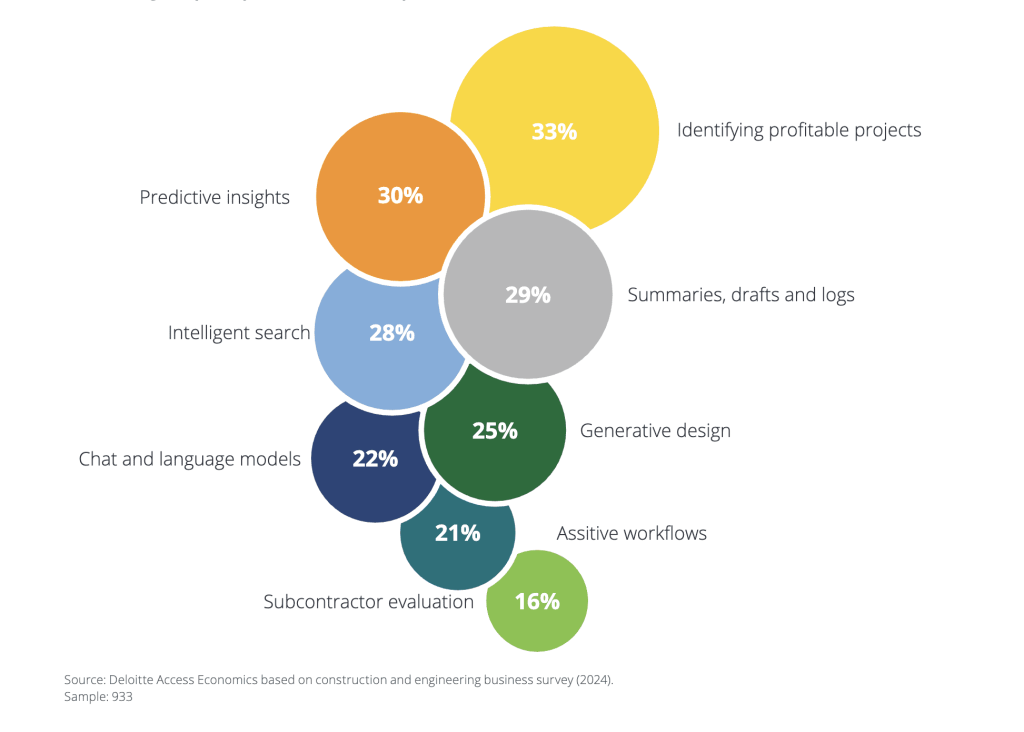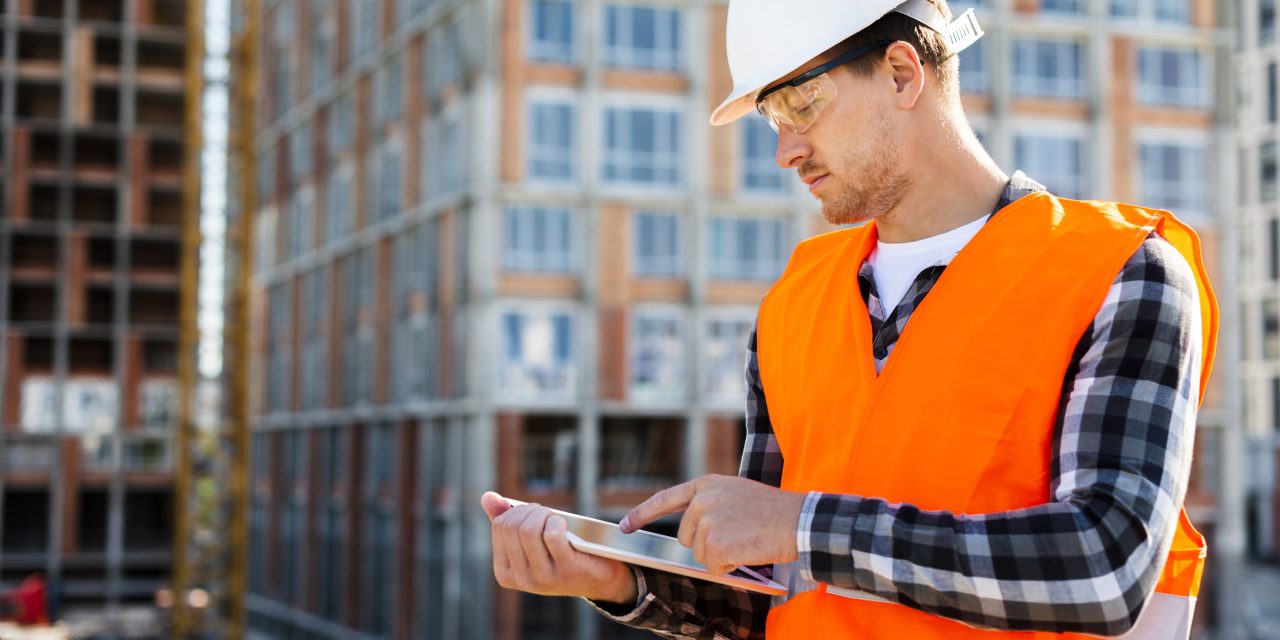Autodesk has launched its latest State of Digital Adoption in the Construction Industry 2024 report, revealing significant digitalisation trends within the industry. Conducted jointly with Deloitte, the second edition of this annual survey draws upon insights from 933 construction firms across six markets – Malaysia, Japan, Singapore, Australia, India and Hong Kong.
Leading in digital adoption
The report highlights that construction firms in Malaysia used the second highest number of technologies on average (6.9) among the countries surveyed and reported a median expenditure of 23% on new technologies. Malaysia – along with India, is leading the charge on digital adoption, with both markets using around 50% more technologies compared to the regional average.

Unique challenges and solutions
Sumit Oberoi, Senior Industry Strategist at Autodesk for the Asia Pacific remarked, “To reduce Malaysia’s construction industry’s rising costs and heavy reliance on foreign workers, AI and digital adoption is becoming a key factor towards business success and improved workplace safety. Disruptive new technologies combined with a challenging business outlook mean that construction and engineering leaders will need to rethink their tools, workforce skill needs, and interactions with clients and contractors.”

Supportive Government Policies
David Rumbens, Partner at Deloitte Access Economics said, “The rise of digital transformation in Malaysia’s construction industry has been driven by supportive government policies, with the government’s Construction Strategy Plan 4.0 building on previous strategies to facilitate digitalisation and the implementation of emerging technologies in the sector.”

As a result, businesses are undertaking long-term strategic planning, with 48% of Malaysian businesses having an effective, organisation-wide strategy for adopting new technologies, the highest of any country and more than twice the rate of Australian, Japanese or Hong Kong-based businesses.
Driving Safety and Innovation with AI
Malaysia’s construction sector is prioritising the adoption of digital technologies, with a particular focus on safety-related technologies, e.g.: safety wearables and site sensors.
Sunway Group, a leading conglomerate in Malaysia with a portfolio in construction and real estate, has also been using AI technology paired with cloud to improve worker safety. “Worker safety is one of our foremost concerns at Sunway. Pairing AI technology with image recognition software has allowed us to have real-time interventions for safety that can prevent potential accidents,” said Liew Ziqing, Head of Digitalisation at Sunway Group.
Malaysia has increased investment into technologies such as Building Information Modelling (BIM), prefab and modular construction, and drones. Gamuda – an engineering, property and infrastructure company based in Malaysia, has established an Innovation Hub to experiment and find innovative solutions for construction.
“One thing Gamuda has been doing for many years is experimentation. It’s about being able to try new things, in an environment where it is fine to make mistakes or fail. That’s where the groundbreaking things happen,” said John Lim, Chief Digital Officer at Gamuda, on his company’s innovation policy.
Gamuda’s successful experimentation results include the inception of the world’s first autonomous tunnel boring machine (A-TBM) and Building Information Modelling Augmented Reality (BIMAR) feature for construction sites.
Malaysian businesses have a particular strength in the use of technology for building design, with the highest share of businesses using BIM of any country in the survey, and the most successful implementation of this technology.
Upskilling the workforce
The most common barrier to adopting digital technology is a lack of digital skills among employees, which is most commonly reported in Malaysia (49%). To address the skills gaps, the International Labour Organisation and Master Builders Malaysia have coordinated to increase the representation of young people and women in the construction industry.
Conclusion
“Overall, the survey underscores Malaysia’s advancements in digital adoption and also showcases the country’s firm commitment to safety and workforce development in the construction industry. The Malaysian construction industry is taking active steps to ensure its workforce is well-equipped to handle digital transformation,” highlighted Oberoi.
Additional key findings from the report include:
- Despite a challenging global economy, construction firms leading in tech adoption – including in Malaysia – are excelling in financial growth.
- 1.4% Revenue Boost: Each new technology adopted can increase annual revenue by 1.4 percentage points. For a $100 million company, this means an extra $1.4 million.
- Profit Growth: An additional technology adoption is associated with a 1 percentage point increase in profit growth.
- 38% of construction firms use BIM, with Malaysia leading in usage and successful implementation.
- 94% of businesses plan to integrate AI and machine learning into their business
- 33% see identifying profitable projects as the top priority use case of AI adoption

Source: Deloitte
To read Autodesk and Deloitte’s report and view statistics out of Malaysia, visit this link










